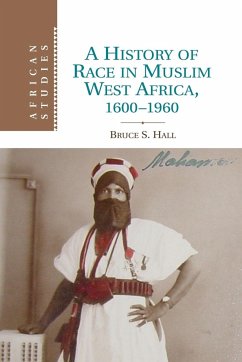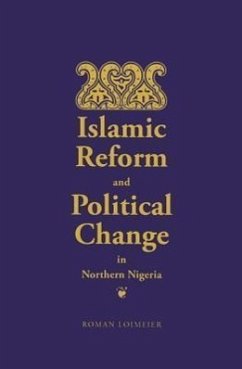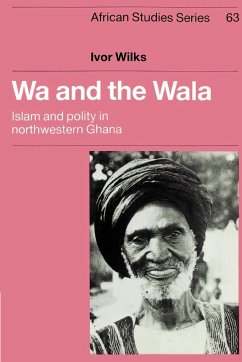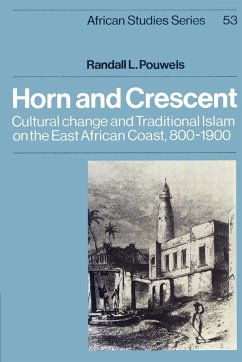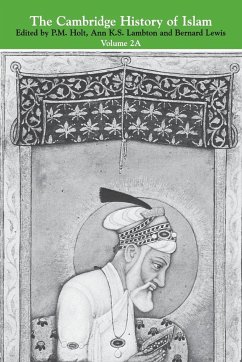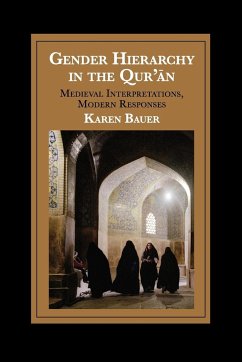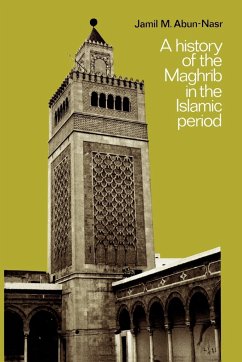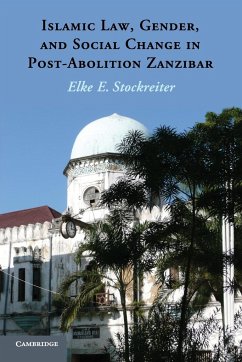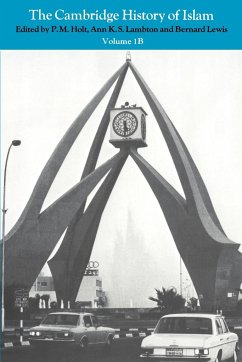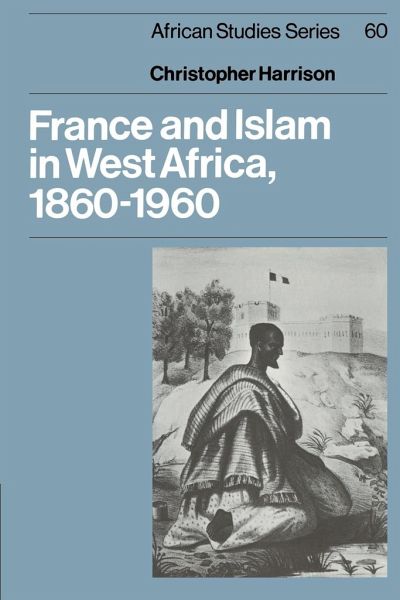
France and Islam in West Africa, 1860 1960
Versandkostenfrei!
Versandfertig in 1-2 Wochen
45,99 €
inkl. MwSt.

PAYBACK Punkte
23 °P sammeln!
A major contribution to the social, political and intellectual history of the French West African Federation.This book is a major contribution to the social, political and intellectual history of the largest colonial state in Africa, the French West African Federation. By focusing on the specific subject of the development of French policy towards Islam, it sheds light on a wide range of issues, from the grand strategy of French imperialism to the psychology of individual administrators in isolated outposts of the empire. Christopher Harrison argues that in order to make sense of colonial rule...
A major contribution to the social, political and intellectual history of the French West African Federation.
This book is a major contribution to the social, political and intellectual history of the largest colonial state in Africa, the French West African Federation. By focusing on the specific subject of the development of French policy towards Islam, it sheds light on a wide range of issues, from the grand strategy of French imperialism to the psychology of individual administrators in isolated outposts of the empire. Christopher Harrison argues that in order to make sense of colonial rule, it is vitally important to understand the way in which the colonial power thought about the people it governed. He demonstrates how French understanding of Islam in West Africa evolved from the short-term, and often contradictory, policies associated with the period of military expansion, through a period of intense suspicion and fear of pan-Islamic movements, to a widely-held consensus that Islam in Africa was quite distinct from the Islam of the Arab world.
Table of content:
Acknowledgements; Abbreviations; Map; 1. Introduction; Part I. 1850-1989: Nineteenth-century origins of French Islamic policy: 2. French Islamic policy in Senegal and Algeria; Part II. 1898-1912: The Fear of Islam: 3. The fear of Islam; 4. Education policy and Islam; 5. French Islamic policy in crisis: the Futa Jallon 1909-1912; Part III. French Scholarship and the Definition of Islam Noir: 6. Scholar-administrators and the definition of Islam Noir; 7. The First World War; Part IV 1920-1940: The French Stake in Islam Noir: 8. Post-war attitudes to Islam; 9. The French stake in Islam; 10. The 'rediscovery' of Islam; 11. Epilogue 1940-1960; 12. Conclusion; Notes; Bibliography; Index.
This book is a major contribution to the social, political and intellectual history of the largest colonial state in Africa, the French West African Federation. By focusing on the specific subject of the development of French policy towards Islam, it sheds light on a wide range of issues, from the grand strategy of French imperialism to the psychology of individual administrators in isolated outposts of the empire. Christopher Harrison argues that in order to make sense of colonial rule, it is vitally important to understand the way in which the colonial power thought about the people it governed. He demonstrates how French understanding of Islam in West Africa evolved from the short-term, and often contradictory, policies associated with the period of military expansion, through a period of intense suspicion and fear of pan-Islamic movements, to a widely-held consensus that Islam in Africa was quite distinct from the Islam of the Arab world.
Table of content:
Acknowledgements; Abbreviations; Map; 1. Introduction; Part I. 1850-1989: Nineteenth-century origins of French Islamic policy: 2. French Islamic policy in Senegal and Algeria; Part II. 1898-1912: The Fear of Islam: 3. The fear of Islam; 4. Education policy and Islam; 5. French Islamic policy in crisis: the Futa Jallon 1909-1912; Part III. French Scholarship and the Definition of Islam Noir: 6. Scholar-administrators and the definition of Islam Noir; 7. The First World War; Part IV 1920-1940: The French Stake in Islam Noir: 8. Post-war attitudes to Islam; 9. The French stake in Islam; 10. The 'rediscovery' of Islam; 11. Epilogue 1940-1960; 12. Conclusion; Notes; Bibliography; Index.





